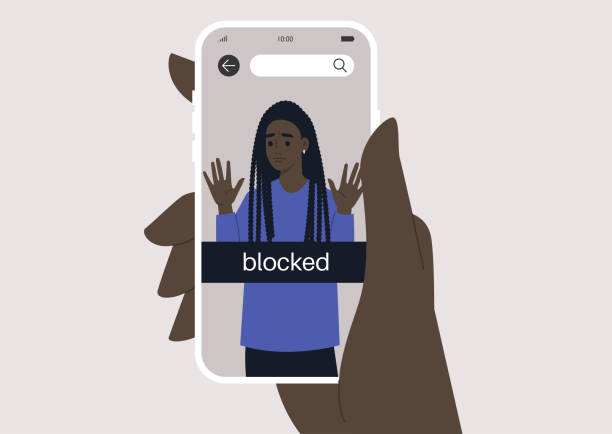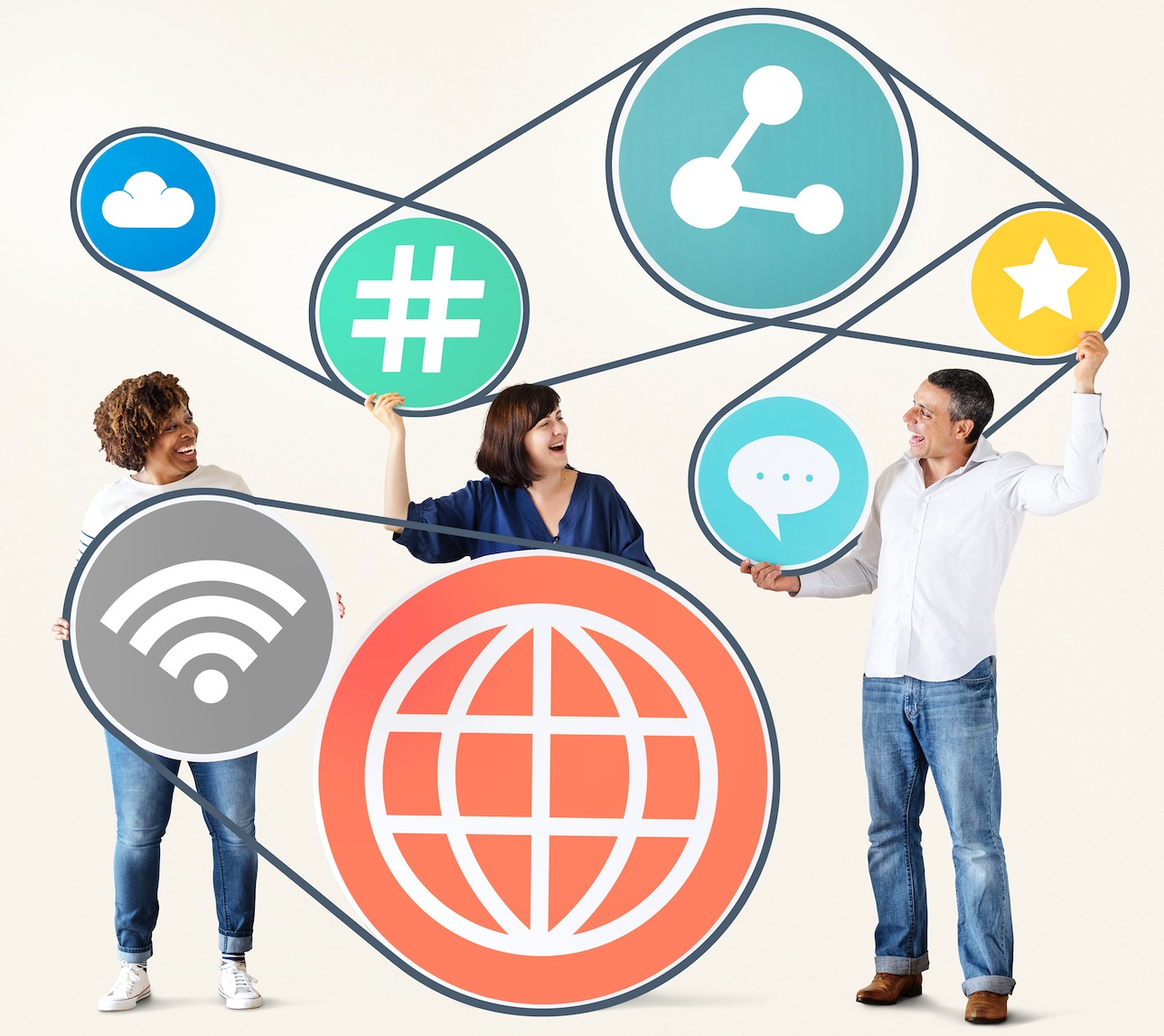On this page, we discuss why abuse of social media is a major concern in today’s digital age: Abuse of social media is a...
On this page, we discuss the 11 proven negative effects of excessive use of social media on the self-worth of teenagers.
Are you aware of how excessive social media use can impact the self-worth of teenagers? In today’s digital age, social media platforms have become central to our daily interactions, offering numerous benefits such as connecting with friends and family, sharing experiences, and accessing information. However, the overuse of these platforms, especially among teenagers, has been linked to several negative effects on their self-worth. This article explores 11 proven negative impacts, drawing on recent research and expert opinions to highlight the importance of moderating social media use for the mental and emotional well-being of young individuals.
11 Proven “Negative Effects” of Excessive Use of Social Media on the Self-worth of Teenagers
1. Increased Comparison
One of the most significant effects of social media is the tendency for teenagers to compare themselves with their peers and even strangers. This constant comparison with the highlight reels of others’ lives can lead to feelings of inadequacy and lowered self-esteem. Studies have shown that teenagers often compare their appearances, achievements, and lifestyles to those they see on platforms like Instagram and Facebook, which can diminish their own self-worth.
- Appearance Comparisons: Teenagers often compare their looks to those of celebrities or influencers who post highly edited photos, leading to dissatisfaction with their own appearance.
- Lifestyle Envy: Seeing peers posting about vacations, parties, or purchases can make teenagers feel their lives are less exciting or fulfilling.
- Academic and Achievement Comparisons: Posts about academic achievements, college acceptances, or other successes can create pressure and feelings of inadequacy in those who perceive they don’t measure up.
2. Cyberbullying
Social media has unfortunately also become a platform for cyberbullying, which has a direct negative impact on a teenager’s self-esteem. Being bullied or harassed online can lead to depression, anxiety, and a significant drop in self-confidence. The anonymity of the internet can sometimes make the bullying more severe than in-person encounters.
- Personal Attacks: Direct messages or comments that criticize a teenager’s appearance, intelligence, or worth.
- Public Shaming: Sharing embarrassing photos or stories about a teenager without their consent, leading to public humiliation.
- Exclusion: Creating group chats or online events and intentionally excluding certain individuals, making them feel isolated and unworthy.
3. Fear of Missing Out (FOMO)
The Fear of Missing Out is a phenomenon driven by social media, where teenagers feel an anxious need to be constantly connected, for fear of missing something important. This can lead to feelings of inadequacy and dissatisfaction with their own lives when they see the seemingly perfect experiences of others online.
- Event FOMO: Seeing posts about events or gatherings they were not invited to can make teenagers feel excluded and question their social standing.
- Trend FOMO: Observing peers engaging with the latest trends or technologies and feeling left behind or out of the loop.
- Relationship FOMO: Witnessing others post about their romantic relationships or friendships, leading to feelings of loneliness and inadequacy.
4. Sleep Disruption
Excessive use of social media can lead to sleep disruption, affecting teenagers’ overall well-being and self-esteem. Poor sleep can exacerbate feelings of low self-worth by affecting mood, cognitive abilities, and physical health.
- Late-Night Scrolling: Staying up late to browse social media, leading to insufficient sleep.
- Notification Disturbances: Being woken up by notifications from social media apps.
- Pre-Sleep Anxiety: Anxiety induced by social media content affecting the ability to fall asleep.
5. Anxiety and Depression
There’s a growing body of research indicating that heavy social media use is associated with increased levels of anxiety and depression among teenagers. These mental health issues can profoundly affect self-esteem and self-worth, creating a vicious cycle of dependency on social media for validation.
- Social Comparison Anxiety: Anxiety stemming from constant comparison with others’ curated lives.
- Online Harassment Depression: Depression triggered by receiving negative comments or being bullied online.
- Isolation-Induced Depression: Feeling disconnected from real-life relationships due to excessive time spent on social media.
6. Addiction
Social media can be addictive, with teenagers spending hours scrolling through feeds, often at the expense of real-life interactions and experiences. This addiction can lead to a lack of achievement in other areas of life, contributing to a decrease in self-worth.
- Compulsive Checking: Feeling the need to constantly check social media, interfering with daily activities and personal interactions.
- Withdrawal Symptoms: Experiencing anxiety, restlessness, or irritability when unable to access social media.
- Neglect of Real-Life Activities: Spending so much time on social media that hobbies, studies, and face-to-face interactions are neglected.
7. Unrealistic Expectations
Social media often portrays unrealistic standards of beauty, lifestyle, and success, leading teenagers to set unrealistic expectations for themselves. Failure to meet these often unattainable standards can result in feelings of inadequacy and low self-esteem.
- Beauty Standards: Trying to meet unattainable beauty standards seen on social media, leading to self-esteem issues.
- Material Wealth: Desiring expensive products or lifestyles showcased on social media, feeling inadequate for not having them.
- Career Success: Young individuals feeling unsuccessful when comparing their achievements to the highlighted successes of others online.
8. Privacy Concerns
The over-sharing of personal information on social media can lead to privacy breaches, leaving teenagers feeling exposed and vulnerable. This vulnerability can negatively impact their sense of security and self-worth.
- Over-sharing Backlash: Negative feedback or bullying in response to personal information shared online.
- Hacking and Identity Theft: Personal information being stolen due to over-sharing, leading to feelings of vulnerability.
- Future Opportunities: Concerns that inappropriate content shared online could affect future job or college opportunities.
9. Social Isolation
Ironically, despite being more connected than ever, excessive social media use can lead to social isolation. Teenagers might substitute online interactions for real-life connections, leading to loneliness and a decrease in self-esteem.
- Substituting Online for Real-life Interactions: Preferring to interact online rather than in person, leading to weakened real-life social skills.
- Loneliness Despite Online Connections: Feeling lonely despite having many online followers or friends, as these connections lack depth.
- Exclusion from Physical Social Activities: Missing out on real-life social gatherings because of the preference or habit of engaging online, leading to isolation.
10. Distorted Body Image
Social media platforms are flooded with images promoting certain body types as ideal, leading to a distorted body image among teenagers. This can result in poor self-image, eating disorders, and a significant drop in self-esteem.
- itness and Health Comparison: Feeling inadequate after seeing posts of peers with “perfect” bodies or health routines.
- Eating Disorders: Developing unhealthy eating habits in an attempt to resemble thin ideals perpetuated on social media.
- Cosmetic Procedures: Young individuals feeling pressured to undergo cosmetic procedures to look more like the filtered images seen on social media.
11. Reduced Attention Span
The constant bombardment of information and the need to quickly scroll through content can lead to a reduced attention span among teenagers. This can affect their ability to focus on tasks, diminishing their sense of accomplishment and, consequently, their self-worth.
- Difficulty Focusing on Studies: Struggling to concentrate on homework or study for extended periods due to habitual short-term engagement with social media content.
- Multitasking Inefficiency: Attempting to use social media while doing other tasks, leading to poor performance in both.
- Loss of Deep Reading Ability: Finding it challenging to engage in reading longer texts or books without getting distracted or losing interest quickly.
While social media offers numerous benefits, its excessive use can have profound negative effects on the self-worth of teenagers. It is crucial for parents, educators, and policymakers to take steps to mitigate these impacts by promoting healthy social media habits, fostering real-life connections, and providing support for teenagers struggling with these issues. Awareness and education on the responsible use of social media are key to ensuring the mental and emotional well-being of the younger generation.





